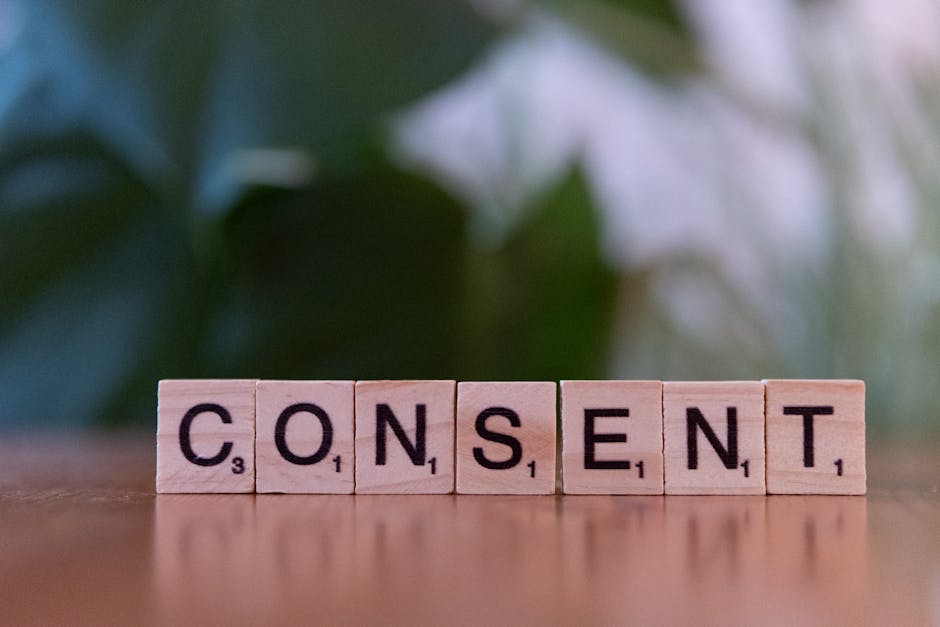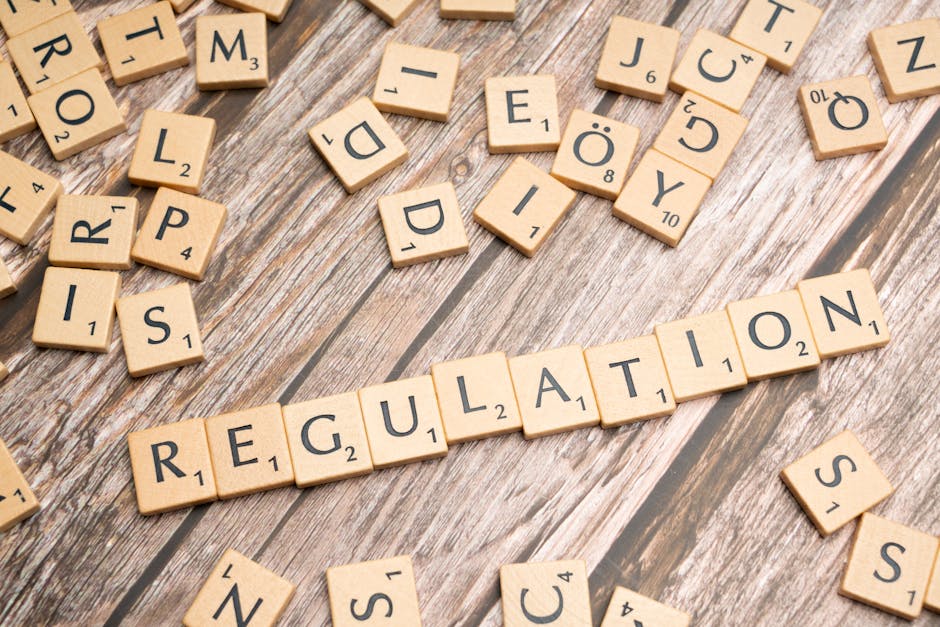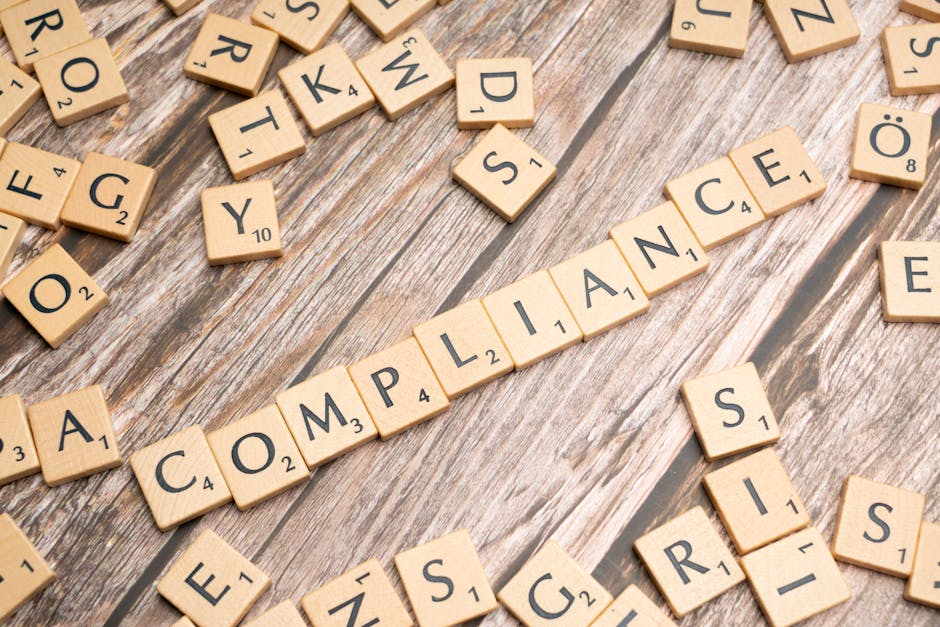Understanding Supplier Compliance Requirements
Did you know that over 60% of businesses face issues with supplier compliance? This can lead to delays, added costs, and even legal problems. Understanding supplier compliance requirements is crucial for any business that wants to thrive. In this article, well break down what supplier compliance is, why it matters, and how you can ensure your suppliers meet these requirements.
What Is Supplier Compliance?

Supplier compliance refers to the need for suppliers to meet specific standards set by businesses or regulators. These standards can cover various areas, including quality, safety, environmental impact, and ethical practices. Think of it as a checklist that suppliers must follow to do business with you.
For instance, if you run a restaurant, your food suppliers must comply with health regulations. They need to provide safe, clean, and fresh ingredients. If they fail to do so, it can harm your customers and your business.
Why Does Supplier Compliance Matter?

Ensuring supplier compliance is crucial for several reasons:
- Quality Assurance: Meeting compliance standards helps maintain the quality of products or services.
- Risk Management: Compliant suppliers reduce the risk of legal issues and financial losses.
- Brand Reputation: Your businesss reputation is tied to the suppliers you choose.
- Customer Satisfaction: Compliance ensures that customers receive what they expect.
In short, keeping your suppliers in check helps protect your business and boosts your bottom line.
What Are Common Compliance Requirements?

Different industries have different compliance requirements. Here are some common ones you might encounter:
- Health and Safety: Suppliers must comply with health regulations to ensure product safety.
- Environmental Regulations: Suppliers need to follow laws that protect the environment.
- Labor Laws: Suppliers should provide fair wages and safe working conditions for their employees.
- Quality Standards: Many industries have specific quality assurance standards to uphold.
Understanding these requirements can help you choose the right suppliers and avoid potential pitfalls.
How Can You Ensure Supplier Compliance?

Ensuring your suppliers comply with necessary requirements involves several steps:
1. Set Clear Expectations
Start by outlining your compliance expectations. Share these with your suppliers right from the beginning. Make sure they understand what you require and why it’s important.
2. Conduct Regular Audits
Audits are a great way to check if suppliers meet compliance standards. Schedule regular audits to ensure they follow the necessary guidelines. You can do this through:
- On-site visits
- Reviewing documentation
- Third-party evaluations
Audits can help you catch compliance issues before they become major problems.
3. Provide Training and Resources
Sometimes, suppliers may not fully understand compliance requirements. Providing training or resources can help them meet your standards. This not only benefits them but also strengthens your business relationship.
4. Foster Open Communication
Keep the lines of communication open. Encourage suppliers to reach out with questions or concerns about compliance. A good relationship can lead to better compliance and quicker issue resolution.
What Are the Consequences of Non-Compliance?
Non-compliance can have serious effects on your business. Here are a few consequences:
- Legal Issues: Non-compliant suppliers may expose you to lawsuits or fines.
- Financial Loss: Compliance failures can lead to costly recalls or damages.
- Reputation Damage: Customers may lose trust in your brand if issues arise from your suppliers.
These consequences can be avoided by taking compliance seriously and working closely with your suppliers.
How Do You Choose Compliant Suppliers?
Choosing the right suppliers is essential for maintaining compliance. Here are some tips:
1. Research Potential Suppliers
Before partnering with a supplier, do your homework. Look for reviews or ratings that indicate their compliance record. Ask for references and check their previous performance.
2. Ask About Certifications
Many industries have specific certifications that suppliers must obtain. Check if potential suppliers have these certifications. They often indicate compliance with industry standards.
3. Evaluate Their Track Record
Consider their history with compliance. Have they faced issues before? A supplier with a strong track record is more likely to continue meeting compliance requirements.
What Are Some Common Misconceptions About Supplier Compliance?
Many misconceptions surround supplier compliance. Lets debunk a few:
1. Compliance Is Only the Suppliers Problem
This is a common myth. Compliance is a shared responsibility. Businesses must work with suppliers to ensure compliance.
2. Compliance Requirements Are Static
In reality, compliance requirements can change. Businesses should stay updated on new regulations and adjust their compliance strategies accordingly.
3. All Suppliers Are Compliant
Assuming all suppliers meet compliance requirements can be a dangerous belief. Always verify and monitor compliance, regardless of reputation.
What Are the Ultimate Takeaways?
Understanding supplier compliance is key to running a successful business. Here are the main points to remember:
- Supplier compliance ensures quality, reduces risks, and protects your brand.
- Different industries have various compliance requirements.
- Regular audits and open communication can help maintain compliance.
- Choosing the right suppliers is crucial for compliance.
By staying informed and proactive, you can safeguard your business against compliance issues.
If you’re looking for more information about supplier compliance, check out this detailed guide from [ISO.org](https://www.iso.org). Understanding compliance is an ongoing journey, and the more you know, the better equipped youll be to navigate it.
In conclusion, supplier compliance is not just about meeting regulations; it’s about building strong, trustworthy relationships that can help your business grow. Make compliance a priority, and youll set your business up for success.



